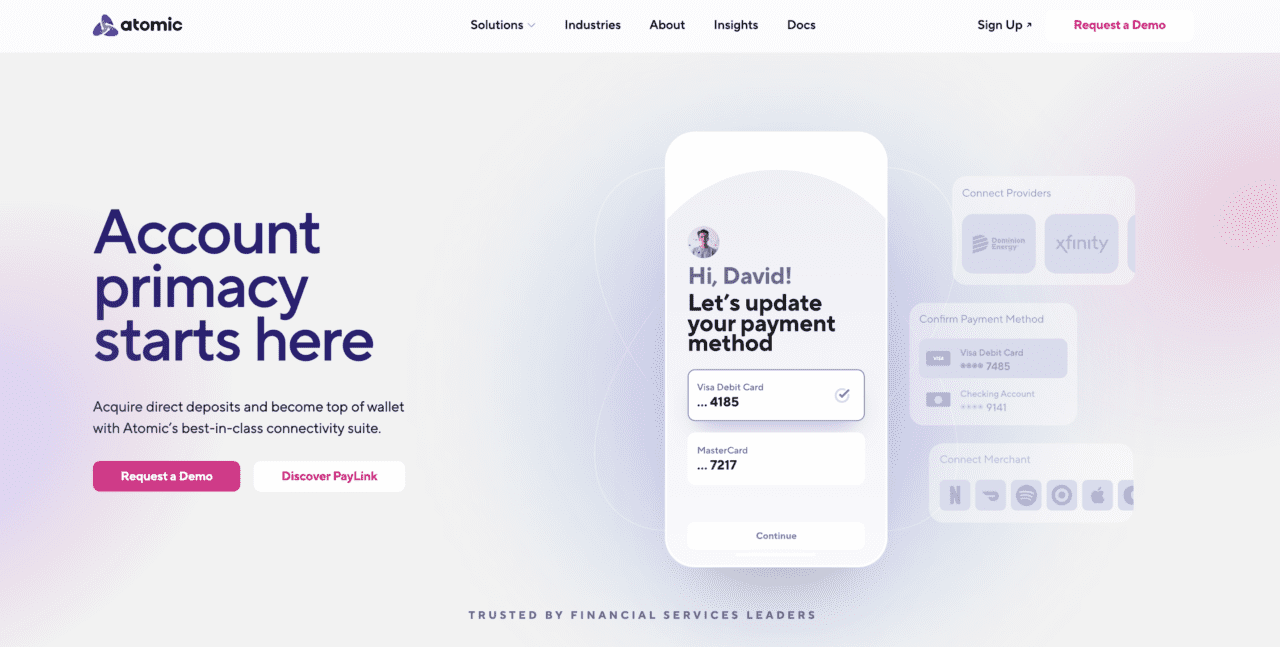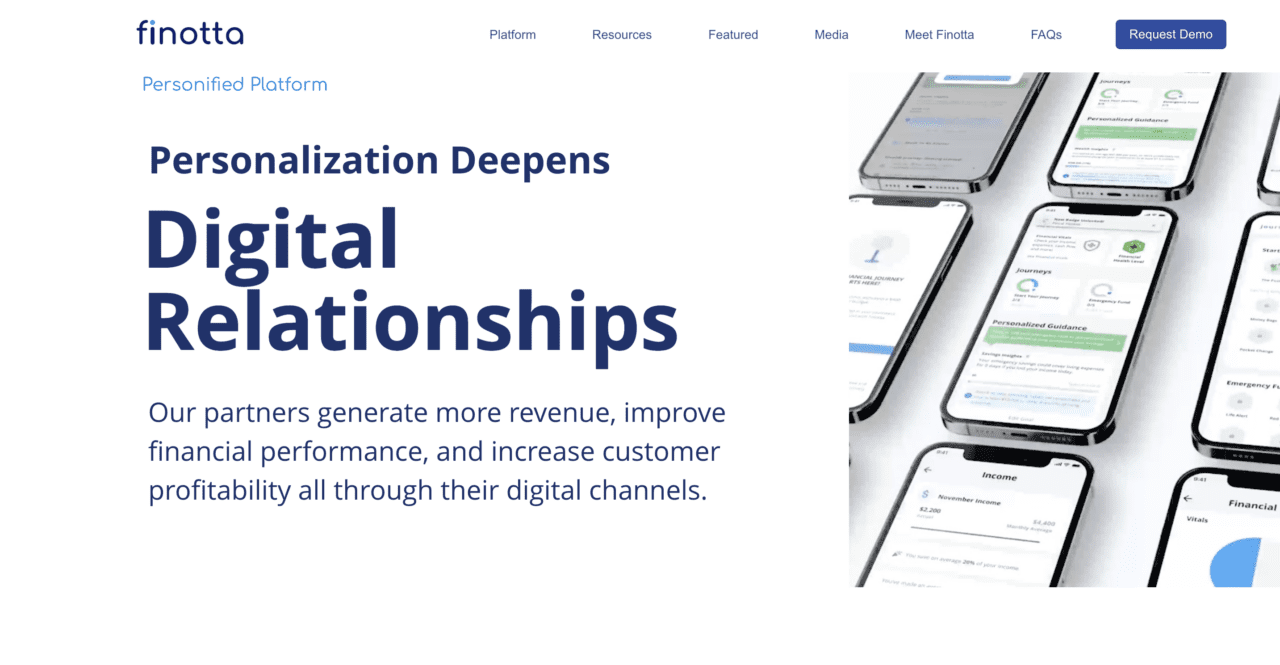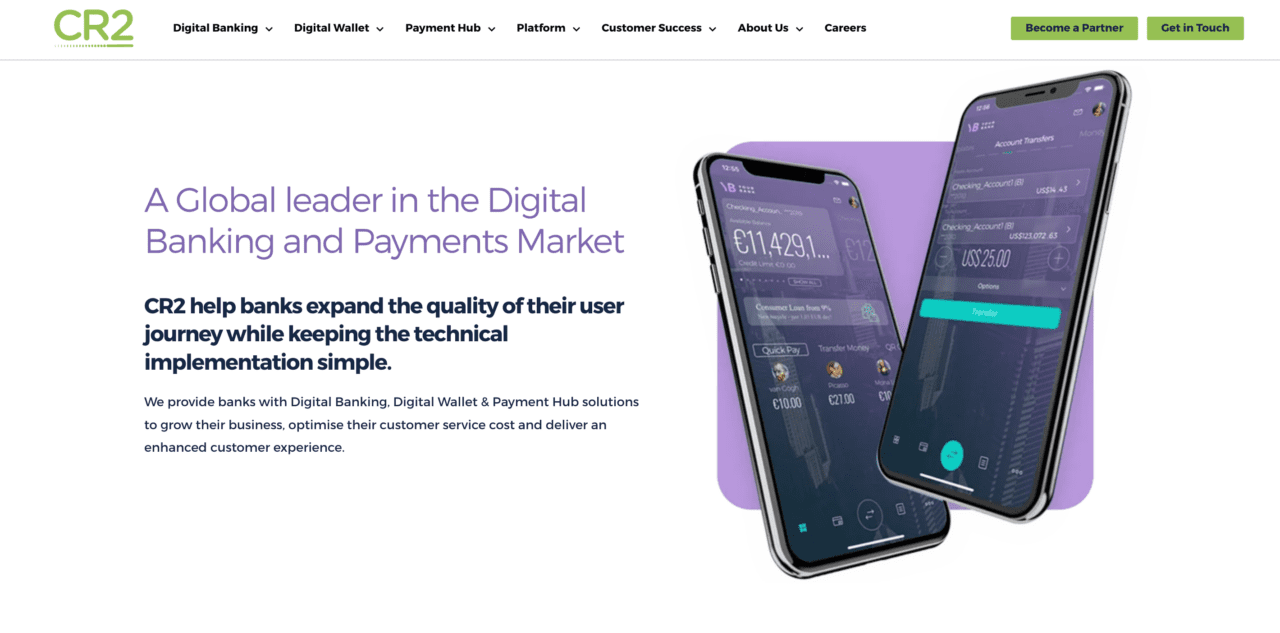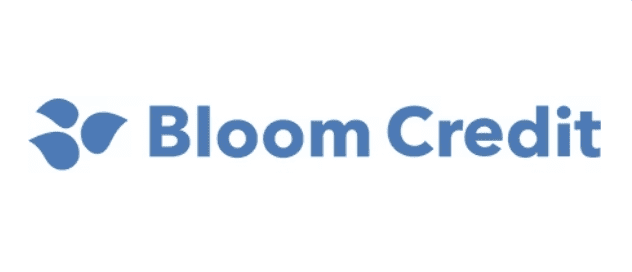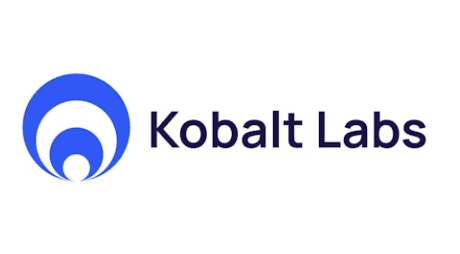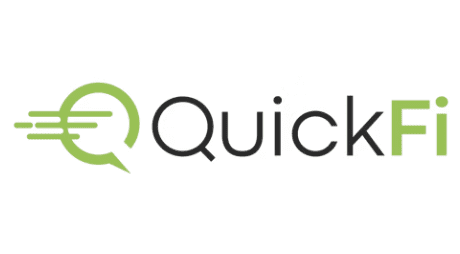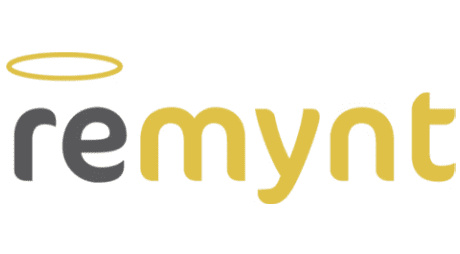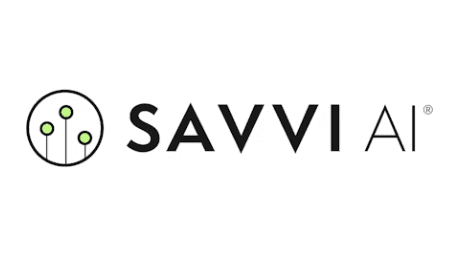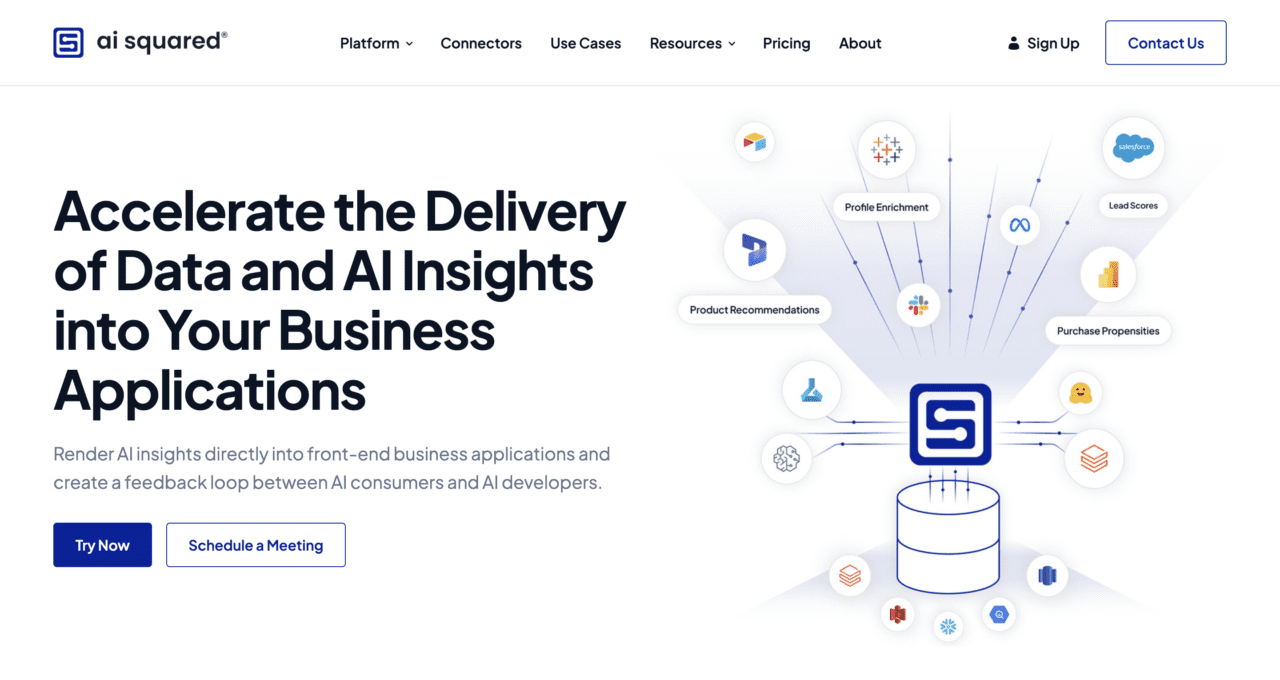
- FintechOS received a $60 million investment, boosting its total funding to over $151 million.
- FintechOS will use the new funds to accelerate its global expansion.
- In the announcement, FintechOS revealed it experienced 40% year-over-year revenue growth in 2023 and said it expects to break even in 2024.
Financial product management platform FintechOS recently announced it received a $60 million Series B+ investment, boosting its total funding to more than $151 million. Molten Ventures, Cipio Partners, and BlackRock led the round, while existing investors EarlyBird VC, OTB VC, and Gapminder VC also contributed.
FintechOS serves up technology that helps organizations launch and manage financial products and services without having to replace their existing core infrastructure. The company offers low-code/ no-code tools to help organizations extend the capabilities of their existing core, launch new products, improve their customer experience, and optimize back-office workflows across lending, savings, insurance, investment, and embedded finance operations.
While FintechOS will use the funds to accelerate its global expansion, the New York-based company has already made significant progress towards global growth. The company operates globally, with a presence in Europe, North America, and Asia. FintechOS is available in the U.K., the U.S., Canada, Germany, France, the Netherlands, Romania, Spain, Italy, Poland, Belgium, Australia, Singapore, and others.
“Securing this investment is a testament to the confidence our investors have in our vision and execution,” said FintechOS Co-founder and CEO Teo Blidarus. “Our rapid growth and operational improvements reflect the demand for our next-generation financial product management solutions. We are revolutionizing the financial services industry by providing technology that enables core modernization and drives innovation.”
Since Blidarus co-founded FintechOS in 2017, the company experienced 40% year-over-year revenue growth in 2023 and has seen a 170% increase in operating margins. The company expects to break even in 2024. Following its recent $15 million funding round in early 2022, FintechOS has achieved over 300% growth, expanding its client base to 50 global clients. This growth includes high-profile additions such as Société Générale, Admiral, Benenden Health, Avant Money, and Vibrant Credit Union.
“FintechOS’s growth trajectory is a clear indicator of their potential,” said Cipio Partners Managing Partner Roland Dennert. “We are delighted to be part of this journey and look forward to seeing the transformative impact they will make in the financial services sector. Their commitment to modernization and innovation aligns perfectly with our investment strategy.”
As organizations struggle to adapt to changing consumer expectations and new technologies while maintaining their legacy core infrastructure, technologies such as FintechOS’ will see increasing growth. That’s because many traditional players in the space continue to operate using old computer languages such as COBOL, which was developed in 1959 and does not interface easily with modern fintech solutions.
